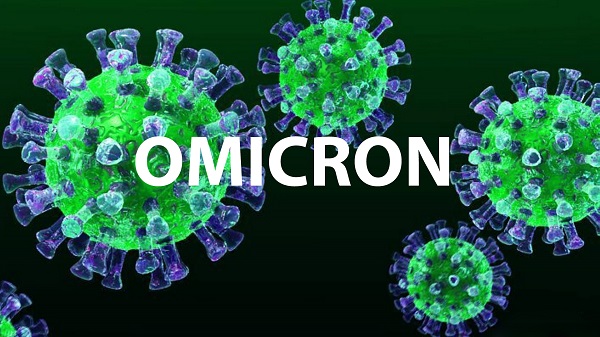Beijing, (Asian independent) A team of researchers in China have developed a new type of antibody that could neutralise Omicron and future Covid variants.
According to the team at Fudan University in Shanghai, the new antibody is a surprise discovery – made while researchers were investigating another disease, the South China Morning Post reported.
This antibody will put humans “a step ahead in the race” against the pandemic, lead scientist Professor Huang Jinghe from Fudan was quoted as saying.
The new antibody was synthesised from components of two different antibodies produced by human immune cells.A
While in their natural forms, these antibodies were futile against the Omicron, the man-made version breached the highly contagious varaint’s line of defence, Jinghe said, in the paper posted on preprint and not peer-reviewed yet.
Jinghea¿s team along with collaborators at the National Clinical Research Centre for Respiratory Disease in Guangzhou developed eight different highly-potent antibodies in a short period of time using this new approach, the report said.A
aceThere are very few antibodies that can neutralise Omicron in the world. I feel like I’ve been hit by God’s grace,” she said
But stitching different types of natural antibodies together was not easy and the team tried various combinations.A
The components, despite being from different natural antibodies, “have collaborative roles in the neutralisation process,a Jinghe said.A
The team tested these antibodies against a live Omicron variant with a new mutation to evade immune attack, and found they worked just as well.A
The bispecific antibodies can also neutralise earlier strains including Delta, Severe Acute Respiratory Syndrome (a distant deadly relative of the current strain that emerged but disappeared quickly in 2003) and even some coronaviruses carried by bats, the report said.
The results suggested that these new antibodies had much potential to deal with new variants in the future, and their method can help the natural antibodies fight the pandemic, the researchers said.








